2018 Teachers Workshop
Changing Lives in Modern China
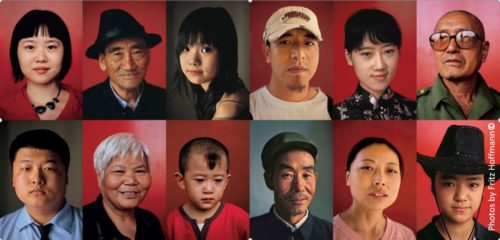
| Theme: | Changing Lives in Modern China |
| Date/Time: | Friday-Saturday July 27-28, 2018 8:00 AM – 5:00 PM |
| Place: | San Mateo County Office of Education (SMCOE), 101 Twin Dolphin Drive, Redwood City, California |
| Workshop Goal: | Enable middle and high school teachers to include modern China in their curriculum. |
| Stipend: | San Francisco Bay Area Teachers – $200 Other California Teachers – $300 Out-of-State Teachers – $400 |
| Who Should Apply: | Grade 6-12 teachers, U.S. public or private schools |
| APPLY AT: | teachers.1990institute.org/2018–apply |
WORKSHOP CONTENT
In our 2013-2016 workshops, we focused on topics that pertain to China’s political/governmental structure, economic development, environmental sustainability, globalization challenges, military & security concerns, bilateral relations with the U.S., etc.
SPEAKERS
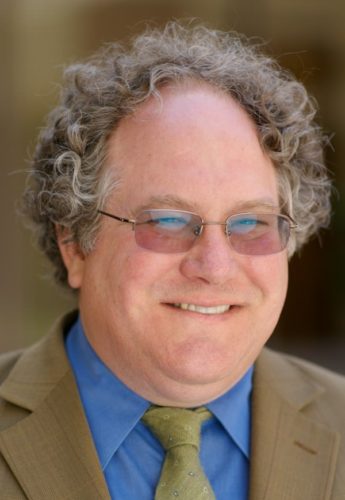 |
Clayton Dube, Moderator |
Moderator of our 2017 Workshop, is the Executive Director of University of Southern California’s U.S.-China Institute, focusing on the multidimensional U.S.-China relationship. Trained as a historian, he first lived in China in 1982 and has since returned to China many times to carry out fieldwork on economic development, lead study tours, and lecture at conferences. Mr. Dube is recognized for his many outstanding contributions to the research and education about China and has won teaching awards at three universities.
Mr. Dube will also give an update on U.S. China Relations |
|
|
Scott Rozelle |
Dr. Rozelle is the co-director of the Rural Education Action Program (REAP) at Stanford University. REAP is an organization whose goal is to help students from vulnerable communities in China to enhance their human capital and overcome obstacles to education so that they can escape poverty and better contribute to China’s developing economy. Dr. Rozelle had spoken about this project at our inaugural 2013 Teachers Workshop. (See video.)
Topic: Rural Education, Health and Nutrition |
 |
Rob Schmitz |
Rob Schmitz is the Shanghai Correspondent for NPR and author of Street of Eternal Happiness: Big City Dreams Along a Shanghai Road. From 2010 to 2016, Mr. Schmitz was the China Correspondent for the public radio business program Marketplace. Mr. Schmitz has won numerous awards for his reporting on China and other East Asia countries, including two national Edward R. Murrow awards, Education Writers Association award, and Investigative Reporters and Editors Award.
Topic: Neighbors |
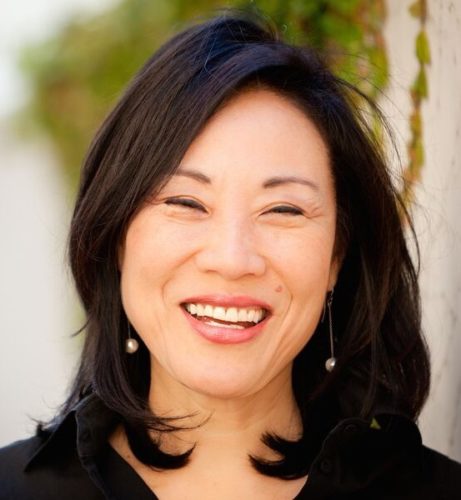 |
Janet Yang | Janet Yang is a Golden Globe and Emmy Award-winning Hollywood producer with deep roots in China. She has produced a number of award-winning films, including The Joy Luck Club, The People vs. Larry Flynt, a Chinese adaptation of High School Musical and Shanghai Calling. Ms. Yang has been named one of the “50 Most Powerful Women in Hollywood” by the Hollywood Reporter and is a member of the Academy of Motion Pictures. She is a board member of The 1990 Institute.
Topic: Film and Media |
 |
Richard Madsen |
Dr. Madsen is a sociology professor at U.C. San Diego and is the author, or co-author, of twelve books on Chinese culture, American culture, and international relations.
Topic: Religious Revival in China |
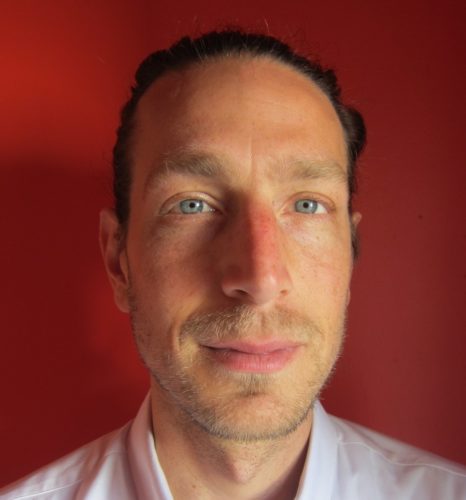 |
Tobias Smith |
Tobias Smith is a researcher specializing in the development of criminal law in China. His writing focuses on capital punishment and its alternatives. He holds a law degree from the University of California, Berkeley and is a PhD candidate in UC Berkeley’s Jurisprudence & Social Policy Program.
Topic: Legal Reform in China |
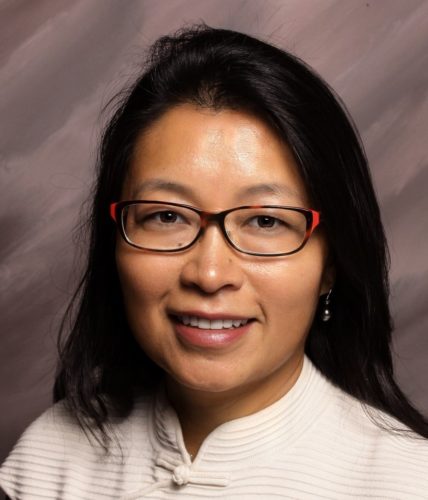 |
Mei Zhang | Mei Zhang is a native of Yunnan province in China and the Founder of WildChina, which has been cited by National Geographic as one of the world’s BEST Adventure Travel Companies. Ms. Zhang is the author of Travels through Dali: with a Leg of Ham, a beautifully illustrated chronicle of her return to her roots and serves as a form of cultural cultivation for the region’s ancient traditions.
Topic: The Impact of Experience Economy on Rural China |
Above are speakers that have already committed to speak at the Workshop, as of June 6, 2018. Speakers and topics are subject to change.
TESTIMONIES
To further illustrate how people’s lives have changed, we will be inviting a number of Chinese citizens to share personal stories that compare and contrast what their lives would have been like if they were born 30-40 years earlier.
Spring Bud Program Recipients. In 2001, the 1990 Institute started the Spring Bud Program which recruited 1,000 impoverished girls from rural Shaanxi province who had stopped going to school. Spring Bud helped these girls to restart their schooling from the 3rd grade and offered them an all-expenses-paid education through college, if they were capable. A total of 173 participants eventually finished college. Testimonials will be provided by these 3 young women:
 |
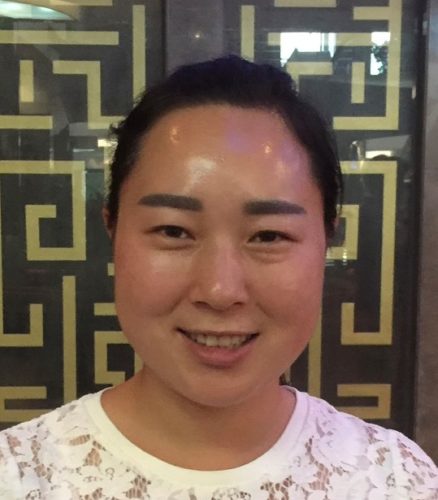 |
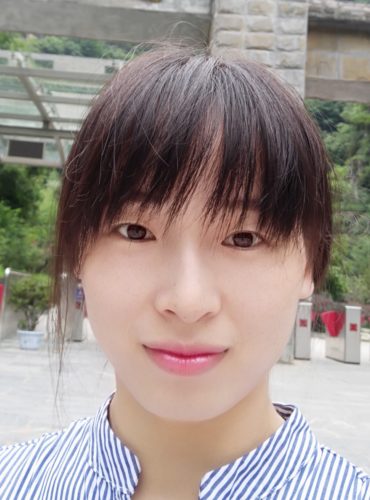 |
| Li QinQin | Ma Danning | Li Yue |
| Attorney | Head of District Level Kindergarten & Pre-school | Doctor of Traditional Chinese Medicine |
WORKSHOP FORMAT
Morning sessions include speaker presentations, panel discussions, and Q&A opportunities for teachers. Afternoon sessions are used for developing ideas on how modern China can be integrated into the standard 6-12 grade classes. With the help of experienced facilitators, teachers will brainstorm on how resources and materials from this workshop and past workshops can be used in the classroom; and begin the process for developing modern China specific lesson plans.
STIPEND
Attending teachers are paid the stipend after they have completed all the attendance requirements. These include attending all formal sessions of the workshop (reception or special after session activities not required); completing both the day 1 and day 2 feedback forms; and submitting a Follow-up Action Plan on how to integrate the teaching of some aspect of modern China, covered in any of our workshops since 2013, into their normal curriculum.
How Stipend Is Determined
| San Francisco Bay Area Teachers | $200 | Teachers living within 65 miles from SMCOE |
| Other California Teachers | $300 | Teachers of California schools living outside of Bay Area |
| Out-of-State | $400* | Teachers teaching in other states* |
* Verification of full-time employment from school required
CONTINUE EDUCATION CREDITS
Workshop attendees can opt to receive 1.6 Continuing Education Units (CEU), in lieu of all or part of their stipend, from San Francisco State University’s College of Extended Learning. The fee for receiving these units is $200. If you select to receive the CEU credit, the 1990 Institute will pay this fee to SFSU directly for you out of your stipend, after you have completing all the Workshop requirements (same as for receiving the stipend). Information on how to register for the CEU credit will be available several weeks before the Workshop.
SUPPLEMENTAL MATERIALS
Based on the topics to be covered in this workshop and speaker recommendations, participants will be provided with books and/or list of references to read 1-2 months before the workshop.
Additional resources may also be given out before and/or at the Workshop.
Please contact workshop@1990institute.org for any questions.
2/10/18





